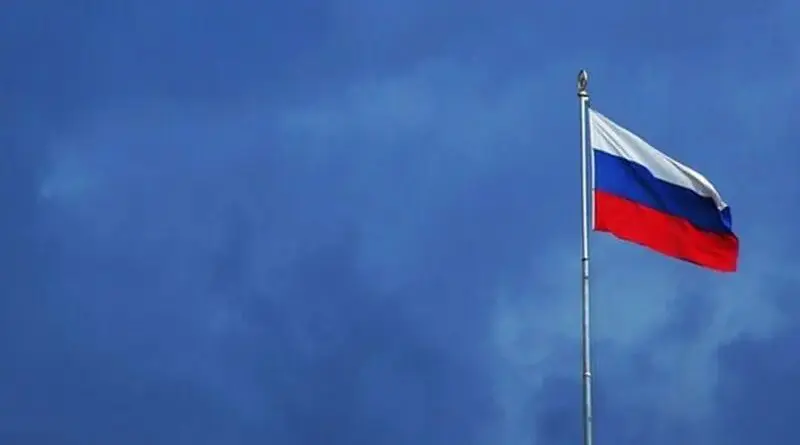Russians Thinking About Constitutional Changes?
Hints in the Russian media over the past several weeks suggest that there might be some important constitutional changes ahead. In the long run, that could mean a prolongation of Vladimir Putin’s rule well beyond 2024. For Georgia, for obvious reasons based on difficult relations which exist between Tbilisi and Moscow, it is of utmost importance to watch any developments among the Russian elites, especially as prolongation of Putin’s rule would limit any chances of improvement in bilateral relations into the 2020s.
The timing and careful wording of various articles might also suggest that potential changes could touch upon the power of the President of Russia and that of the State Duma.
Russia’s Speaker of the Duma recently penned an article to commemorate the 25th anniversary of the Russian Constitution. Vyacheslav Volodin, who is often regarded as the mastermind behind many of Russia’s internal policies, discussed the general, even constant, need to change and adapt the Russian constitution to the rising challenges of the present.
The idea is nothing new, and it would not draw attention if not for, at the very end, the proposition made to increase the Duma’s powers. The author suggested that it would be better if the organ participates more actively, even plays a major role, in the formation of the Russian government. So far, the Duma only endorses the decision made by the Russian President, but Volodin’s tacit proposition could mean the transition from a presidential to parliamentary state, where the Prime Minister, with the Duma, would wield a decisive power.
This comes five years ahead of the incumbent Putin’s last term as Russian President. The Russian Constitution bars politicians from running for a third consecutive term (Putin first served two four-year terms, then as PM and then again as President: overall 19 years).
Moreover, Volodin’s article comes upon half fantastic, half intriguing rumors that in the near future Russia and Belarus will become one state and Putin will be free from the Russian constitutional restrictions as a new constitution will have to be created.
All this makes the chances of Putin staying a plausible scenario. Many thought he would not come back in 2012, so 2024 too should not be considered as a definite end to his rule.
Since it is very unlikely that Belarus will join Russia of its own volition, the only way for Moscow to have Belarus in a sort of unified state would be militarily. This is fraught with multiple repercussions, from grave economic sanctions from the West to actual military moves by NATO in the Baltics and Poland. Also, Moscow cannot allow there to be yet another theater of military actions when it already has a veritable arc of enemies (Ukraine, Georgia) on its borders.
This would mean that a Belarussian scenario for prolonging Putin’s rule is unlikely to work. Thus, we are left with Volodin’s idea.
Overall, it seems that both the “Belarussian” and “Volodin” models are meant to test the waters and ideally to prepare the scene for forthcoming constitutional changes. The time is ripe to prepare the ground, as any brisk changes just before 2024 would cause large disturbances.
Still, even with the right preparation for constitutional changes, large protests are likely to follow. In 2012, Putin’s return caused massive protests in Moscow, while just several days ago, reportedly, tens of thousands protested in Moscow demanding fair elections.
Moreover, it will be much tougher for Putin to convince the ruling Russian elites that his presence will be successful. Many counterarguments exist, the most important of which is the decline of the Russian economy. Reform-driven economists want to see radical changes, while the government has already missed an opportune timing.
On the foreign policy front, the Kremlin’s failures in Ukraine stand out as most evident for the Russians. Many fundamental questions exist and the Russians, particularly the younger population, are unlikely to follow Putin’s decision to stay in power. Thus, large-scale protests will be seen countrywide.
In many ways, the prolongation of Putin’s rule is a conservation of various internal and foreign policy problems which have accumulated since his coming to power in 2000. His leaving the office will open the door for the reconsideration of many policies.
This article was published by Georgia Today

